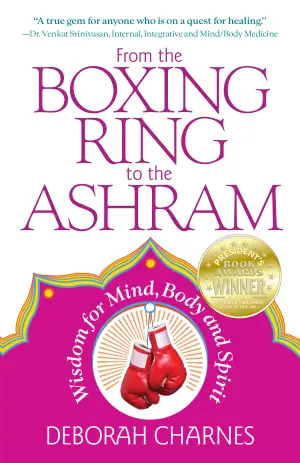Book Review: Traveling to Mars by [Author’s Name]
As a lifelong fan of speculative fiction, the premise of Traveling to Mars immediately drew me in. I’ve always been fascinated by the intersection between human emotion and the vastness of space. [Author’s Name] tackles this theme with a sensitivity that had me both enchanted and contemplative throughout my reading experience.
At its core, Traveling to Mars follows Roy, a terminally ill man who is given a once-in-a-lifetime opportunity to journey to Mars on a mission that promises to address Earth’s impending energy crisis. However, this quest comes with the heavy understanding that there’s no way back. This sense of finality adds a profound weight to the narrative, playing into themes of loneliness, regret, and self-reflection that resonated deeply with me.
Roy’s journey to Mars is less about the physical trek and more about an introspective voyage. As he travels through the stars, he wrestles with his past—especially his failed marriage to Candace, the one who got away. The story’s pacing can slow at times, particularly in the first three-quarters, where Roy’s musings can feel drawn out. I found myself wishing for slightly fewer pages of solitary reflection, as much of it repeated the same motifs of regret and longing. However, when he finally lands on Mars, the narrative shines brighter, filled with surprises that rejuvenate the momentum.
The art in Traveling to Mars is a mixed bag for me. While the space visuals are stunning—a feast for the eyes that captures the beauty and vastness of the universe—the character depictions left something to be desired. They often appeared hastily drawn, a little too haggard for my taste. Their similarities made it easy to lose track of characters who should have had more individual depth. But I can’t stress enough how perfectly rendered the Rovers are—these robotic companions provided not only assistance to Roy but an unexpected emotional anchor. I found myself utterly smitten with their charm, perhaps more than any human character.
As I approached the ending, I had high hopes for a resolution that tied up the emotional threads of the narrative. While I understood that the open-ended conclusion aimed to reflect Roy’s lonely journey, I craved some closure—especially for the Rovers, who captured my heart. I wished for a glimpse of what their future held, or at least some acknowledgment of their companionship with Roy.
That said, I genuinely appreciated how [Author’s Name] crafted this poignant reflection on life’s choices and the ramifications of loneliness. The beautiful space aesthetic, paired with the underlying melancholy of the human experience, create a compelling atmosphere for those who enjoy thoughtful contemplations wrapped in the alone-in-space trope.
In conclusion, I would recommend Traveling to Mars to readers who find solace in introspective narratives and enjoy thought-provoking explorations of human emotion amidst epic backdrops. While it may leave you grappling with some unanswered questions, the emotional weight of Roy’s journey will surely linger. It’s a solid read, and I’m grateful to have had it take me to Mars, even just for a little while.






